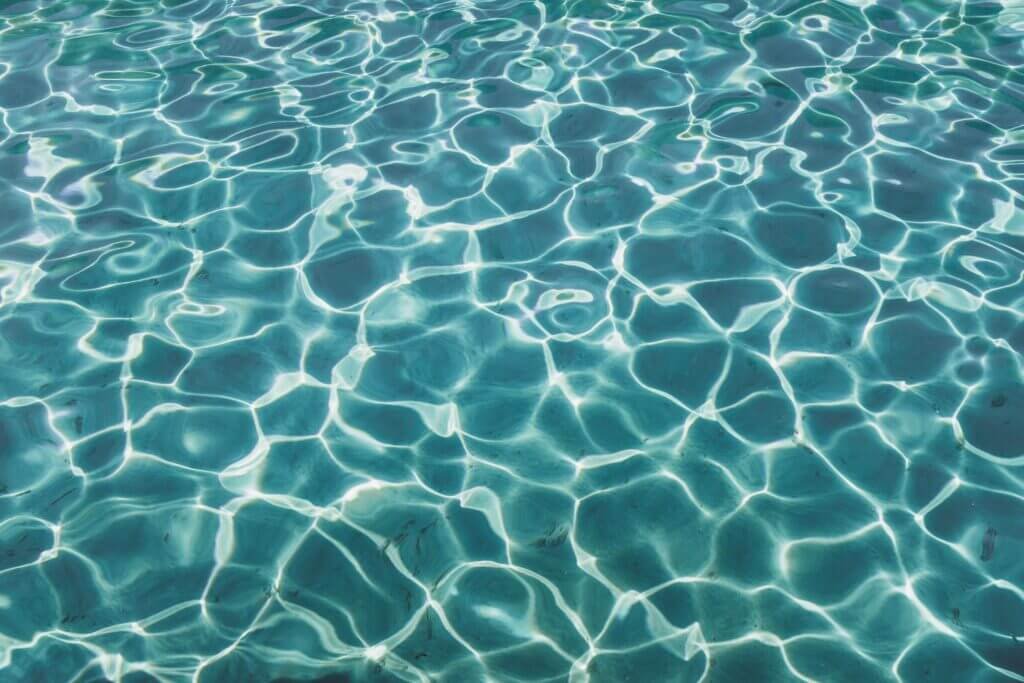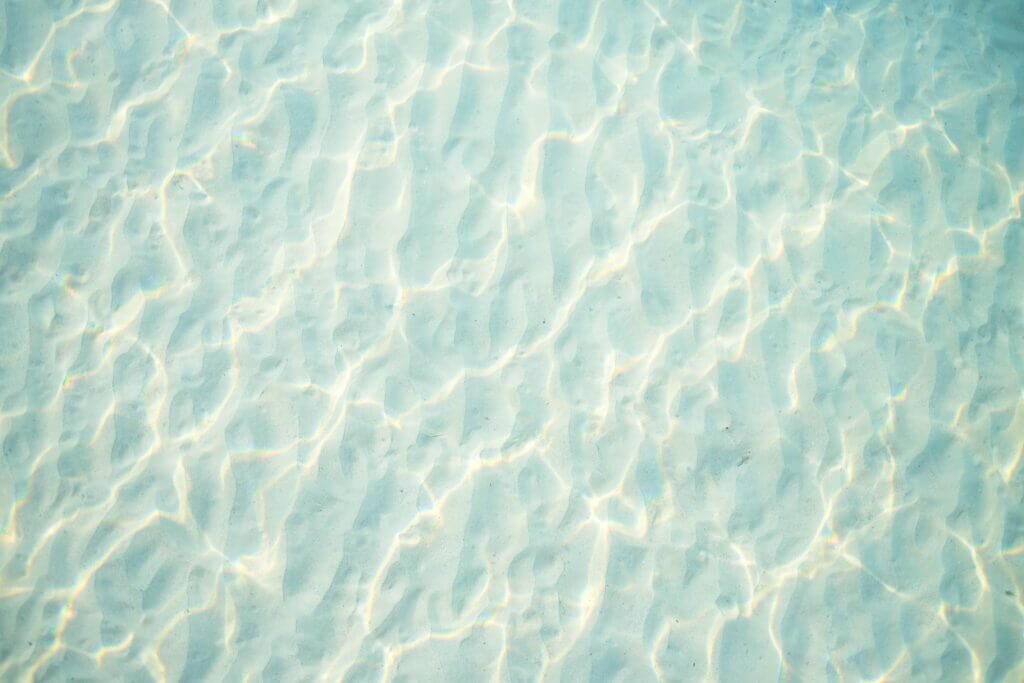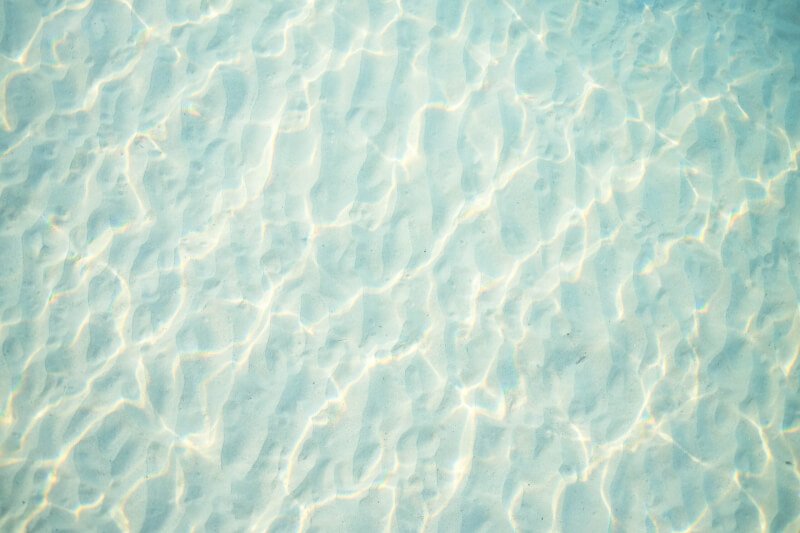In today’s world, water conservation has become increasingly important. Whether it’s in the kitchen or during our cleaning routines, finding ways to minimize water usage is an essential step towards sustainable living. This article aims to provide you with simple yet effective tips on conserving water while cooking and cleaning, helping you make a positive impact on the environment without sacrificing your daily tasks and routines. From mindful dishwashing techniques to water-efficient cooking methods, you’ll discover practical strategies that can easily be implemented in your daily life. So let’s explore some of these tips and embrace a more environmentally friendly approach to our everyday activities.

Cooking
Rinsing Techniques
When it comes to conserving water while cooking, one of the first areas to focus on is rinsing techniques. Instead of letting the water run continuously while rinsing fruits, vegetables, or other ingredients, try using a large bowl or basin filled with water. This way, you can rinse multiple items at once without wasting water. Additionally, consider using a vegetable brush to scrub produce rather than relying solely on running water.
Using Water Efficiently
Another way to conserve water while cooking is by using it efficiently. Avoid filling pots and pans with more water than necessary when boiling or steaming food. Keeping the lid on while cooking also helps to retain moisture and reduce the need for additional water. Additionally, instead of draining the cooking water down the drain, save it for later use, such as in soups or to water plants (after it has cooled).
Optimizing Cooking Appliances
Optimizing your cooking appliances can also contribute to water conservation efforts. When using a stove, match the size of your pots and pans to the size of the burners to avoid unnecessary heat loss. Cooking with pressure cookers or slow cookers is another effective way to conserve water as they require less water for the same cooking results.
Cleaning
Dishwashing Techniques
Conserving water during the dishwashing process begins with the technique you use. Instead of rinsing each dish separately, try scraping off excess food residue into the trash or compost before loading them into the sink or dishwasher. This reduces the need for excessive rinsing.
Efficient Cleaning Practices
In addition to dishwashing techniques, efficient cleaning practices can also contribute to water conservation. Use a sponge or dishcloth to clean dishes instead of letting the water run continuously. Fill one side of the sink or a basin with warm soapy water for washing, and the other side with clean water for rinsing multiple dishes at once. By avoiding running water continuously, you can minimize water waste.
Water-Saving Appliances
Investing in water-saving appliances, such as dishwashers and low-flow faucets, can make a significant impact on reducing water usage during cleaning. Dishwashers are designed to use less water on average compared to handwashing, especially when you make sure to run them only with full loads. Low-flow faucets help regulate water flow, ensuring you use only the amount needed for cleaning tasks.

Outdoor Tips
Watering Plants Adequately
When it comes to outdoor water conservation, watering plants adequately is a crucial aspect. Rather than watering plants on a fixed schedule, adjust your watering frequency and duration according to the weather conditions and the specific needs of each plant. Watering in the early morning or late evening helps reduce water evaporation.
Using Mulch
Applying mulch around the base of plants helps retain moisture in the soil, reducing the need for excessive watering. Mulch acts as a protective barrier, preventing water from evaporating quickly and also helps inhibit weed growth. By using mulch, you can conserve water while still promoting healthy plant growth.
Avoiding Overwatering
One of the most common mistakes in outdoor water usage is overwatering. By monitoring the condition of your plants and learning their individual requirements, you can avoid overwatering. Test the soil moisture level before watering, and remember that many plants prefer slightly dry conditions rather than constantly wet soil.
Maintenance and Repairs
Fixing Leaks Promptly
Maintaining a water-efficient household includes addressing any leaks promptly. Even small leaks can waste a significant amount of water over time. Regularly check your faucets, toilets, and pipes for any signs of leakage and repair them as soon as possible to prevent unnecessary water loss.
Installing Faucet Aerators
Installing faucet aerators is an efficient way to conserve water without compromising functionality. These inexpensive devices can be easily attached to the ends of faucets and reduce water flow while maintaining the necessary pressure. Faucet aerators are available in different flow rates, allowing you to choose one that suits your needs.
Regularly Checking Water Pressure
Being mindful of your home’s water pressure can help identify potential leaks or inefficiencies. If you notice a significant drop in water pressure, it could indicate a problem in the plumbing system. Regularly monitoring and adjusting the water pressure can ensure you are using water efficiently and help prevent water waste.

Mindful Consumption
Planning Meals in Advance
Planning your meals in advance helps minimize food waste and, consequently, water waste. By creating a grocery list and only purchasing what you will use, you can reduce the amount of food that goes uneaten and the water used in its production. Additionally, meal planning allows you to prepare dishes more efficiently, using less water during the cooking process.
Proper Food Waste Disposal
Properly disposing of food waste is essential for both water conservation and environmental sustainability. Instead of disposing of food scraps down the drain, consider starting a composting system. Composting not only reduces the amount of waste sent to landfills but also provides nutrient-rich soil for your garden. By composting, you can indirectly conserve the water that would have been used to process and treat that waste.
Using Reusable Cooking Utensils
Opting for reusable cooking utensils instead of disposable ones is a simple yet effective way to conserve water. Disposable utensils often require water for their production and contribute to waste and pollution. By using reusable utensils, such as metal or bamboo spatulas and wooden cutting boards, you reduce water consumption and promote sustainability.
Alternative Methods
Using Leftover Cooking Water
After cooking, instead of discarding the cooking water down the drain, consider reusing it. Leftover cooking water can be used as a base for soups, sauces, or even to water indoor or outdoor plants. Just make sure to let the water cool down before using it for any other purpose.
Collecting and Reusing Greywater
Greywater refers to used water from showers, sinks, and laundry that can be recycled for other purposes. By collecting and reusing greywater, you can minimize water waste. Some common uses for greywater include watering plants or flushing toilets. However, it is important to use organic and biodegradable products to minimize any negative impact on the environment.
Steam Cleaning Instead of Washing
Steam cleaning is an efficient alternative to traditional washing methods that can help save both water and energy. Steam cleaners use minimal water and rely on high-temperature steam to sanitize and clean various surfaces. By utilizing steam cleaning methods, you can reduce water consumption while still maintaining cleanliness and hygiene.

Efficient Dishwashing
Scraping Plates Instead of Rinsing
Before placing dirty dishes in the sink or dishwasher, take a moment to scrape off any excess food into the trash or compost. By removing food residue before washing, you can minimize the need for excessive rinsing and save water in the process.
Using a Dishwasher
Contrary to popular belief, dishwashers can be more water-efficient than handwashing if used correctly. Ensure you only run the dishwasher when it has a full load, as this maximizes water usage. Additionally, make use of the dishwasher’s eco or energy-saving settings to further conserve water and energy.
Opting for Full Loads
Whether using the dishwasher or washing by hand, it is essential to wait until you have a full load before starting the cleaning process. This applies to both dishes and laundry. By waiting for a full load, you can make the most efficient use of water and minimize waste.
Eco-Friendly Cleaning Products
Choosing Water-Saving Detergents
When selecting cleaning products, opt for those labeled as water-saving or eco-friendly. These detergents are specifically formulated to use less water without compromising cleaning effectiveness. By choosing these products, you can contribute to water conservation efforts while still maintaining a clean and hygienic home.
Making Natural Cleaning Solutions
Another way to reduce water waste during cleaning is by making your own natural cleaning solutions. There are numerous recipes available using common household ingredients such as vinegar, baking soda, and lemon juice, which are effective and environmentally friendly. By creating your own cleaning solutions, you can minimize the need for excessive rinsing without compromising cleanliness.
Using Concentrated Cleaners
Concentrated cleaning products are designed to be diluted with water before use, allowing you to control the amount of water used during cleaning. By using concentrated cleaners, you can use less water overall while still achieving the desired cleaning results. Additionally, concentrated products often result in less packaging waste due to their smaller volume.

Smart Appliance Usage
Using Water-Efficient Appliances
To maximize water conservation in your home, consider investing in water-efficient appliances. Many manufacturers produce dishwashers, washing machines, and other appliances with water-saving features. Look for appliances with high energy star ratings or labels indicating low water consumption to ensure optimal efficiency.
High-Efficiency Washing Machines
When it comes to laundry, using high-efficiency washing machines can make a significant difference in water conservation. These machines are designed to use less water per cycle while still effectively cleaning clothes. Opt for cold water settings whenever possible, as heating water accounts for a substantial portion of energy and water consumption during laundry.
Time-Saving Features
Many modern appliances offer time-saving features such as quick wash or eco modes. These programs are designed to minimize the duration of the washing cycle, reducing the overall water usage. By utilizing these features, you can conserve both water and energy without sacrificing cleanliness or convenience.
Educational and Awareness Programs
Promoting Water Conservation
Educational and awareness programs play a crucial role in promoting water conservation within communities. By actively engaging in initiatives aimed at educating individuals about the importance of water conservation, you can create a ripple effect that encourages others to adopt water-saving practices in their daily lives.
Organizing Workshops and Campaigns
Organizing workshops and campaigns focused on water conservation can provide practical guidance and inspire individuals to take action. These events can cover topics such as efficient cooking and cleaning methods, outdoor water conservation tips, and utilizing eco-friendly cleaning products. By sharing knowledge and resources, you can empower others to make meaningful changes.
Engaging Community
Finally, engaging with the community is vital for collective water conservation efforts. Encourage community-based initiatives, such as neighborhood gardening projects or rainwater harvesting systems, that promote shared responsibility and enable access to sustainable practices. By working together, we can create a more water-conscious and environmentally friendly future.
Incorporating these tips into your cooking and cleaning routines can greatly contribute to water conservation efforts. By adopting these practices and spreading awareness, you can make a positive impact on the environment, reduce water waste, and create a more sustainable future for generations to come. Remember, every drop counts!


